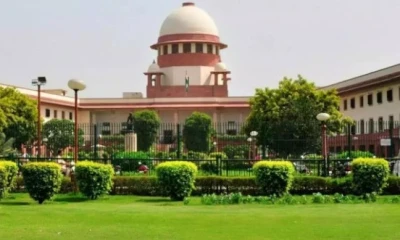The Supreme Court has agreed to hear petitions seeking a stay on the implementation of the Citizenship Amendment Act (CAA), 2019 on March 19, following a plea presented by senior advocate Kapil Sibal before Chief Justice DY Chandrachud.
The matter, which has garnered significant attention and sparked widespread debate, will be listed for hearing next week, indicating a crucial legal showdown over the legislation.
A series of interconnected petitions, numbering over two hundred and filed in the apex court since 2019, have challenged various provisions of the CAA. The legislation, passed by Parliament in December 2019, aims to expedite citizenship for non-Muslim refugees who fled religious persecution in Pakistan, Bangladesh, and Afghanistan before December 31, 2014.
Critics argue that by excluding Muslims and linking citizenship to religious identity, the CAA undermines the secular fabric of the Indian Constitution, posing a threat to the country’s pluralistic ethos.
In response, the Centre explained the CAA is solely about granting citizenship and assures that no citizen of the country will lose their citizenship as a result of the legislation.
Union Home Minister Amit Shah, in an interview with news agency ANI, reiterated the government’s stance, asserting that the CAA is non-negotiable and will not be revoked. Shah highlighted the government’s commitment to ensuring Indian citizenship and dismissed Opposition criticisms as baseless, citing Prime Minister Modi’s track record of fulfilling promises.
The upcoming Supreme Court hearing on the CAA is expected to be pivotal, as it will offer a legal forum to address the constitutional validity and implications of the contentious legislation, shaping the course of future developments and public discourse surrounding citizenship rights in Bharat.

















